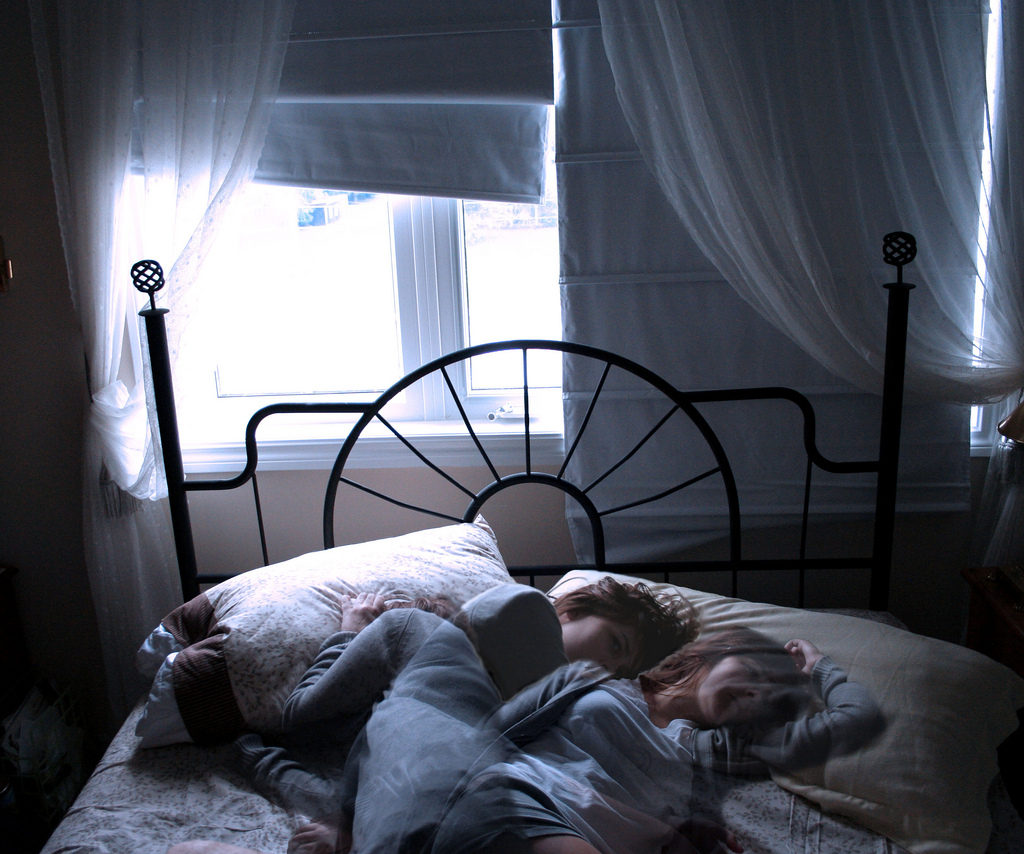
08 Oct Sleeping After Getting Sober
Getting to sleep easily is a common problem that many recovering addicts face. During addiction, a person can get used to falling asleep with the aid of a substance. The body gets used to these substances and often doesn’t readjust to a normal sleep cycle quickly, leaving the newly sober person with the difficult task of falling asleep on their own. This can lead to sluggishness during the day and many recovery addicts find that it’s difficult to focus on daily activities.
Signs of Sleeping Problems in Early Recovery
- Difficulty getting to sleep
- Feeling drowsy and sluggish during the day
- Falling asleep during the day
- Nightly anxiety
- Oversleeping in the morning
- Depression
How to Get Back to a Normal Sleep Cycle
While the body may take up to a few weeks to return to a normal sleep cycle, there are steps one can take to aid in the process. Sticking to a routine sleeping schedule is often the easiest way to get back on track. Let your body get used to going to sleep at a certain time every night and you’ll find that your body will begin to adjust. Additionally, avoid any caffeinated beverages at least 3 hours before sleep; replace caffeine with chamomile tea.Relaxation techniques like yoga or meditation are shown to enhance the body’s ability to fall asleep easily. One of the best ways to fall asleep more easily is to exercise during the day. Exercise has the additional benefit of decreasing stress and aiding in overall health during the recovery process.
It may seem like your body will never get back on track during the first few weeks of recovery, but if you give your body the extra love and care it needs during this time of transition, you will soon return to a normal sleeping schedule. Remain focused and remember that time heals.





